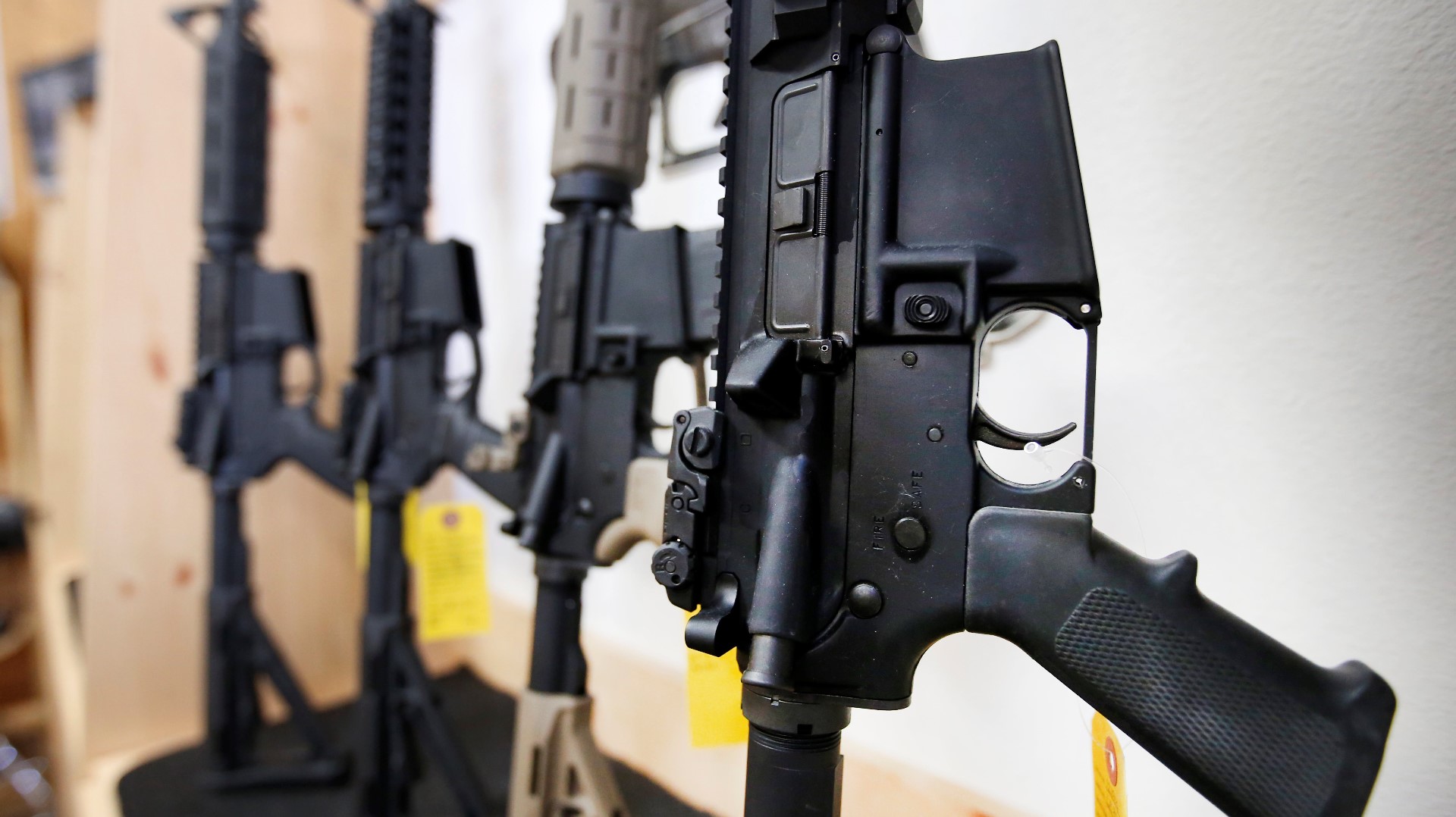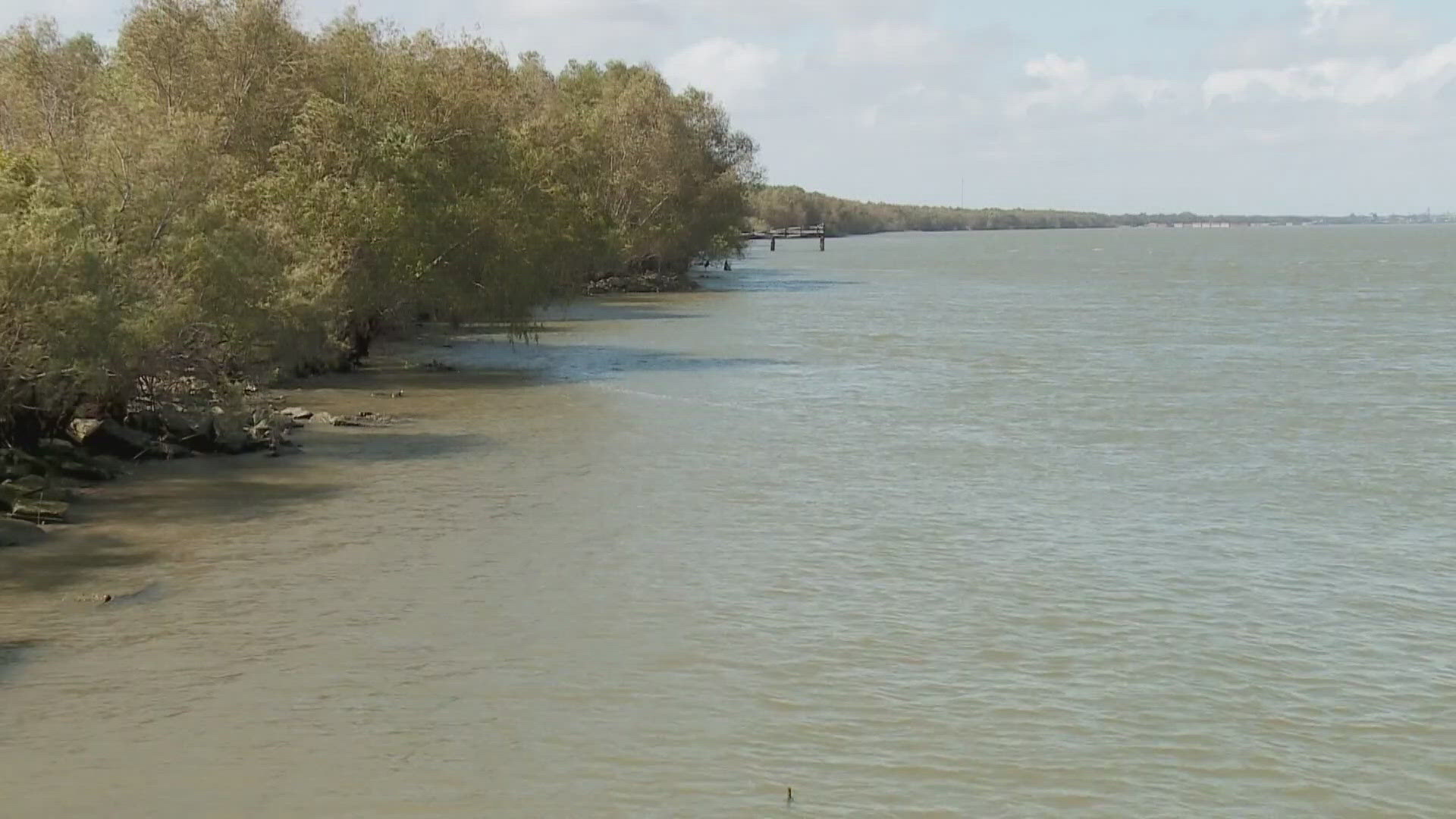Last week's mass shooting at a high school in Broward County, Florida, has elevated the conversation about gun laws in this country. Not all of the talk, especially on social media, has been based on facts.
It's an important conversation in Louisiana, which is known as a sportsman's paradise and, which currently ranks as the fourth most dangerous state in the country when it comes to violent crime.
Here are some common questions and answers about the state's regulation of firearms.
Does Louisiana require a background check to buy a gun?
No.
Federal law requires federally licensed firearms dealers to initiate an FBI background check. States have the option of conducting their own background checks using state, as well as federal, records, but Louisiana has opted not to do so.
Private sellers in Louisiana are not required to do any background check.
How old do you have to be to buy a gun in Louisiana?
Louisiana law has no minimum age for buying a rifle or shotgun, but says you must be 18 to buy a handgun.
However, federal law supersedes state law in this instance. Under federal law, you must be 18 to buy a long gun and 21 to buy a handgun.
Do you need a permit to own a gun in Louisiana?
There is no gun permit required to purchase a firearm in the state, nor is a gun license mandatory to detail ownership. Registration of long guns or handguns is also not required under Louisiana law.
What is required to get a concealed carry permit?
To qualify for a permit to carry a concealed, loaded handgun, an individual must be at least 21, a resident of Louisiana for at least six months, pass a basic weapons training course, take safety classes, and pass a federal background check. Once approved the permit takes 10 days to issue and is valid throughout the state for 4 years.
Where can you open carry in Louisiana?
Open carry of firearms in Louisiana is permitted without a permit, as long as the user is of at least 17 years old.
There are no restrictions on long guns in the state; the only areas where you cannot carry a loaded shotgun or rifle are on college campuses, or properties that specifically designate the barring of weapons. Areas such as schools, hospitals, municipalities, and places of worship often disallow carrying privileges. It is also permissible to transport loaded long guns in an automobile without a gun license.
Who can sell guns in the state?
Louisiana requires no state license for gun dealers, nor requires records to be kept which would document information about the buyer and the weapon sold. Police inspections, or security precautions are also not placed on owners of retail gun shops in the state.
However, federal law requires a license if you are "engaged in the business" of dealing in firearms. As a general rule, the feds require a license if you repetitively buy and sell firearms with the principal motive of making a profit.
Other points of interest in Louisiana gun laws:
- Government bodies other than the state may not sue firearms manufacturers, dealers, or trade associations for damages that are the result of lawful activities.
- There is no limit or restrictions on bulk purchases (most states institute a one handgun per month policy.) Louisiana gun law also places no restrictions on ammunition, assault weapons testing, childproofing of weapons, or guns at the workplace.
- If serial numbers are altered, the gun becomes "hot", and selling, transferring, or purchasing such a weapon is considered illegal.
- It is also illegal to operate any form of firearm while under the influence of drugs or alcohol in Louisiana.
The federal law
The Federal Gun Control Act of 1968 and the Federal Omnibus Consolidated Appropriations Act of 1997 makes it illegal for a person who fits into any of the following categories to receive or possess a firearm:
- Fugitives from justice
- Persons who are unlawful users of or are addicted to narcotics or any other controlled substances
- Persons adjudicated as a mental defective or who have been committed to a mental institution
- Persons who have been convicted in any court of a crime punishable by imprisonment for a term exceeding one year
- Persons who are under indictment for a crime punishable by imprisonment for a term exceeding one year
- Military veterans discharged under dishonorable conditions
- Persons who have renounced U.S. citizenship
- Aliens illegally in the United States
- Persons subject to a court order that restrains them from harassing, stalking, or threatening an intimate partner or child of such intimate partner and persons convicted in any court of a misdemeanor crime of domestic violence


